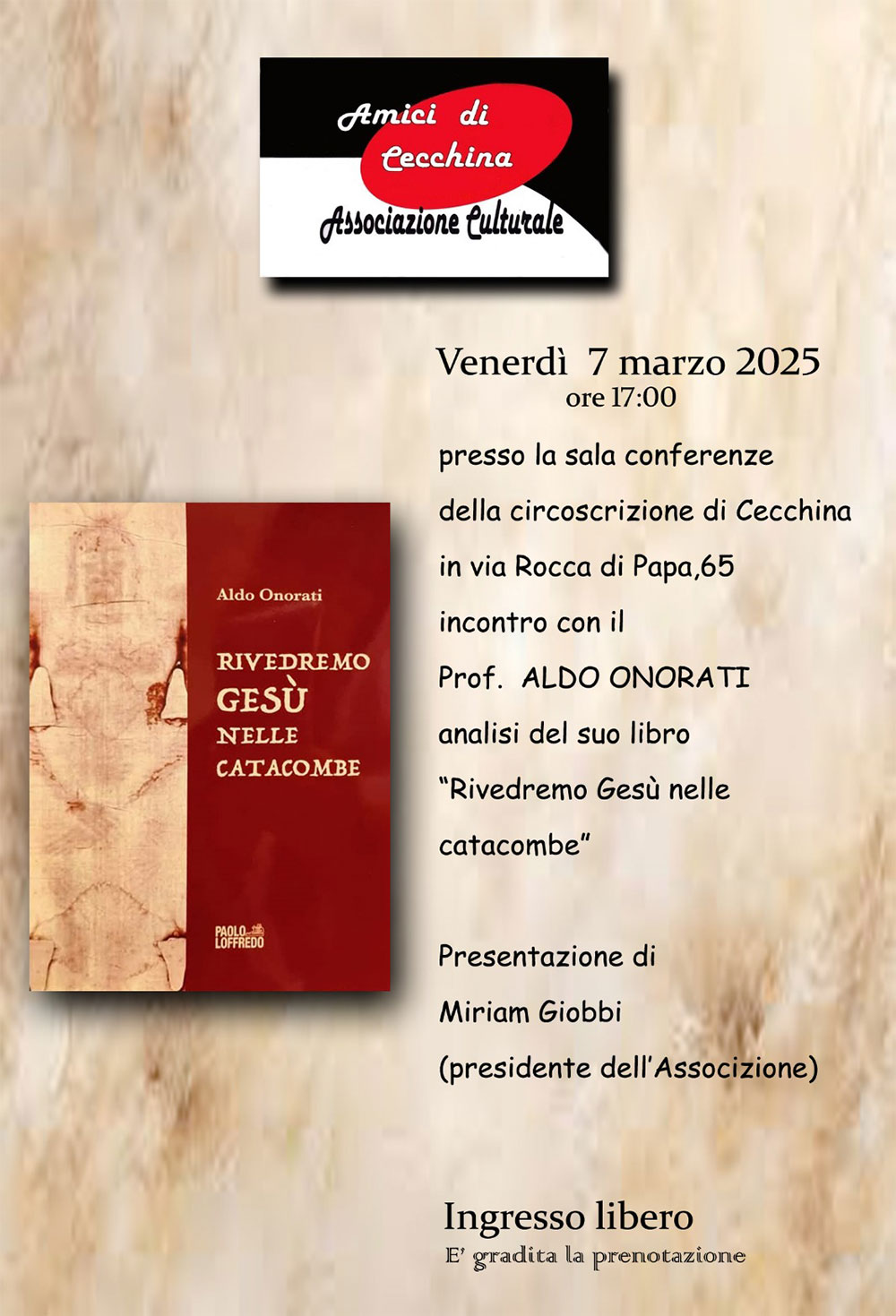 Paolo Loffredo, sixth generation of a large family of publishers and booksellers engaged in the production and distribution of books since the late nineteenth century, creates in 2012 the new editorial company Paolo Loffredo Editore. The historical site was until the '80s in the heart of the historic centre of Naples in Via San Biagio dei Librai, lower Decumano and also known as the SpaccaNapoli.
Paolo Loffredo, sixth generation of a large family of publishers and booksellers engaged in the production and distribution of books since the late nineteenth century, creates in 2012 the new editorial company Paolo Loffredo Editore. The historical site was until the '80s in the heart of the historic centre of Naples in Via San Biagio dei Librai, lower Decumano and also known as the SpaccaNapoli.
At the beginning of the twentieth century, Giuseppe Loffredo decided to add book selling to the book production, which definitively imposed itself after World War II with the publication of manuals for the University and for the School that succeeded in establishing themselves soon throughout Italy.
LAST EVENT
"Rivedremo Gesù nelle catacombe"
07 Marzo 2025 - Sala Conferenze circoscrizione di Cecchina - via Rocca di Papa 65, Albano Laziale (RM) - ore 17,00

Telling tales in Shakespeare’s drama
ISBN: 978 88 32193 92 3
Language: English
Publisher: Paolo Loffredo Editore Srl

Description
Telling tales in Shakespeare’s drama
The present volume aims to quantitatively and qualitatively analyse the pragmatic strategies of verbal deception within All’s Well That Ends Well and Measure for Measure, contributing both to the literary and linguistic discussions on the phenomenon of interpersonal deceit. The first chapter introduces the theoretical basis of historical pragmatics and pragma-stylistics, contextualising the phenomenon of lying in the early modern period. The second chapter outlines the original methodology used in order to conduct the textual analysis presented in the third chapter.
The choice to lie has to do with the use of language and the construction of meaning; it is a fundamentally pragmatic matter. Yet, untruthfulness in interpersonal communication raises a set of thorny theoretical issues within the current pragmatic framework. This volume outlines an innovative approach to the theory of lying: a character’s choice to lie outright or to “merely mislead” can be viewed from a pragmatic perspective as a distinction between what is said and what is meant but also as a strategic choice between going on-record or staying off-record. This reappropriation of Brown and Levinson’s terminology of politeness (1978; 1987) is not purely for taxonomic purposes, rather it has far-reaching theoretical ramifications which permit a workable distinction between two forms of covert untruthfulness.
By quantifying and categorising strategies of verbal deception according to these pragmatic parameters, the author investigates the forms and functions of lying in the early modern problem comedies. The quantitative data serve to guide the qualitative pragma-stylistic analysis of salient extracts from the plays. Pertinent examples of interpersonal mendacity are analysed according to their conversational and narratological strategies and structures in order to better understand their contribution to processes of characterisation. The differing strategies and divergent consequences of the characters’ deceit are explored in relation to the central questions of both problem comedies.



